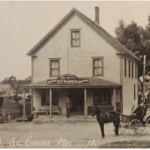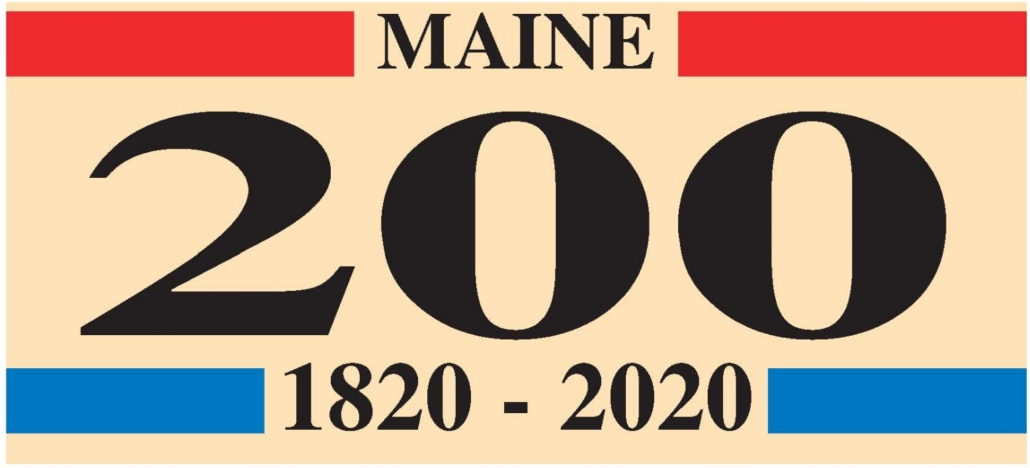China town to go back to stickers at transfer station; scuttle RFID
 by Mary Grow
by Mary Grow
After another discussion of how to limit the number of unauthorized people trying to use the China transfer station, transfer station committee members voted unanimously at their Sept. 12 meeting to recommend that the town go back to a sticker system.
The town office used to issue stickers, good for a year, to be affixed to the vehicle whose license plate matched the plate number written on the sticker. With a grant, town officials changed to a radio frequency identification (RFID) system, which involved issuing each user a placard to hang on the rearview mirror.
The placard system has a major flaw: residents share their placards with non-resident friends and relatives who use the transfer station without paying the local taxes that support it.
The RFID system was supposed to provide information useful for evaluating transfer station service. In practice, the information has been only somewhat useful, committee and staff members said.
Town Manager Rebecca Hapgood said a few residents object to stickers, either because they don’t want to advertise what town they live in, or because they don’t want their vehicle decorated. The new stickers will not have a town name on them, she said.
Previous discussions ran into a snag: Hapgood wants to charge a small amount for each sticker to cover the cost of buying, recording and distributing them, and she believes residents of both China and Palermo should be charged.
Palermo committee member Robert Kurek said under Palermo’s contract with China, Palermo residents should not incur any new charges. He believes the sticker cost should be taken from the annual $18,000 fee Palermo pays China.
Hapgood pointed out that $18,000 does not cover as much today as it did when the two towns’ representatives signed the contract in 2016. Kurek countered that Palermo officials have already agreed to an amendment (in 2022) allowing the price of Palermo residents’ special blue bags to be adjusted upward for inflation.
The issue was left unresolved, as were other questions, for example about stickers for part-time residents.
The recommendation to go back to stickers will be on the China select board’s Sept. 25 agenda, Hapgood said. If board members approve, she hopes to have stickers available at the China and Palermo town offices by early October and required to enter the China transfer station beginning Jan. 1, 2024.
In other business, transfer station manager Thomas Maraggio had good news: the price of recycled cardboard has gone up from $40 per ton to $77 per ton.
He reported that staff member Cheyenne “Cj” Houle is working on two grant applications, for a compost pad and for lighting in the free for the taking building. Committee member James Hsiang said he is experimenting with battery-powered or solar-powered lighting.
Transfer station committee members scheduled their next meeting for 9 a.m. Tuesday, Oct. 17.
Responsible journalism is hard work!
It is also expensive!
If you enjoy reading The Town Line and the good news we bring you each week, would you consider a donation to help us continue the work we’re doing?
The Town Line is a 501(c)(3) nonprofit private foundation, and all donations are tax deductible under the Internal Revenue Service code.
To help, please visit our online donation page or mail a check payable to The Town Line, PO Box 89, South China, ME 04358. Your contribution is appreciated!




Leave a Reply
Want to join the discussion?Feel free to contribute!